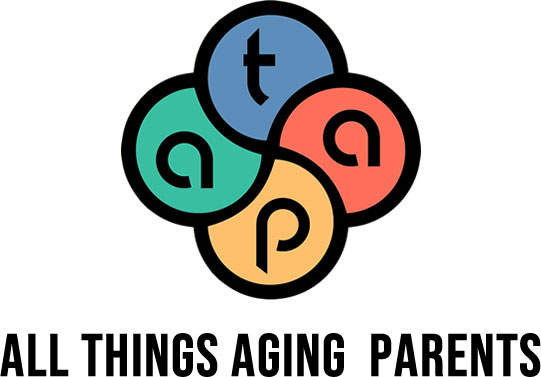Palliative care is specialized medical care for people with serious illnesses. It focuses on providing patients with relief from the symptoms, pain, and stress of a serious illness (like cancer, congestive heart failure, COPD, ALS, Alzheimer’s, etc), and can be provided along with treatment to cure the condition. The goal is to improve quality of life for both the patient and the family. (Hospice care is a component of palliative care that focuses on terminally ill patients, but not all palliative care is hospice care.)
Like hospice care, palliative care incorporates an interdisciplinary team of professionals, including specially trained doctors and nurses, a social worker, and chaplain. The focus is on 1) discerning and upholding the patient's goals of care, and 2) dealing with pain and other symptoms of the disease or side effects of treatment. Palliative care focuses on comfort rather than cure but is intended as an addition to curative treatment, not as a substitute for those treatments. The palliative care team works with the patient’s other doctors to provide an additional layer of support for the patient and family.
In a traditional model of medical care, a patient works with healthcare workers to cure his/her disease or condition, and when all options for a cure have been tried, the patient is referred to hospice care for their remaining days. An integrated palliative model would allow a patient to receive both curative treatment and palliative care to manage symptoms. As the condition progresses and medical options decrease there is a step up in palliative care, which would eventually shift seamlessly into hospice care. Throughout it all, the palliative care team keeps the focus on the patient’s wishes, which may differ from the healthcare professionals’ goals. This gives the patient more control over his/her care.


How can palliative care help my parent? Palliative care helps to relieve the distressing symptoms of your parent’s condition – pain, anxiety, difficulty breathing, fatigue, etc – which in turn improves your parent’s quality of life. Helping your seriously ill parent be more comfortable can actually decrease your stress as a caregiver. And giving them more control over their own treatment goals can boost their dignity and self-esteem. Palliative care is still a relatively new specialty, though. If you are interested in learning more about it with regard to your parent, you should ask your healthcare provider.
Palliative care can be provided in hospitals, nursing homes, outpatient palliative care clinics, or at home. Medicare, Medicaid, and private insurance may cover palliative care. Veterans may be eligible for palliative care through the Department of Veterans Affairs. Private health insurance might pay for some services. You can start your search for palliative care here.
Resources:



















